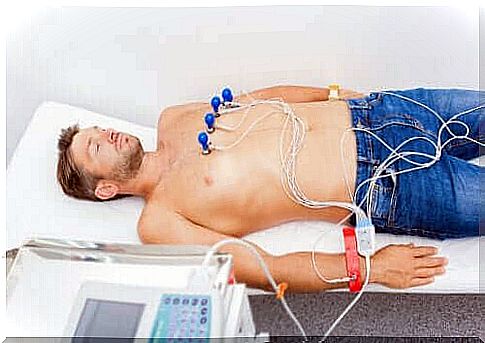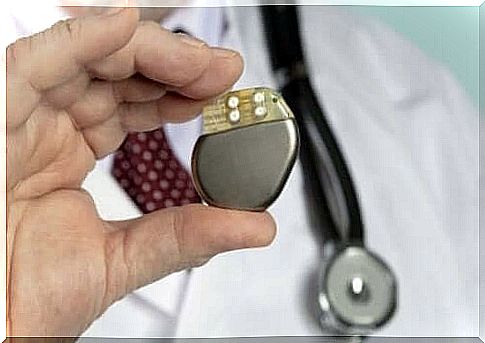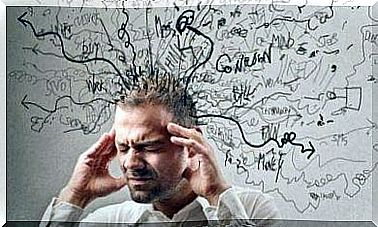Bradycardia: Causes, Symptoms And Treatment

Bradycardia means that the heart beats more slowly than normal. Under normal conditions, the heart rhythm begins with an electrical impulse that then continues through the sinus node (also called the atrial node) in the right atrium.
The function of the sinus node is to determine the heart rate and rhythm, which is why it is considered a kind of “pacemaker”. Sometimes the heart rhythm changes if the conduction pathways are damaged or there is an extra conduction pathway in the heart. In this case, the heart may beat too fast (tachycardia), too slowly (bradycardia) or just irregularly.
These abnormal heartbeats are known as arrhythmias and can occur in both the upper compartments (atria) and lower compartments (ventricles) of the heart. In this article, we focus on the definition of bradycardia and the treatments available.
What is bradycardia?
Bradycardia refers to a number of conditions in which the heart beats at a slower pace than usual. More specifically, there are strokes in less than 60 minutes.
According to the Trends in Cardiovascular Medicine article, it can be a normal phenomenon in young athletes or part of aging or illness.

What causes bradycardia?
Bradycardia often occurs in athletes or extremely relaxed people. It is also common in patients with heart disease or taking certain medications. According to the Mayo Clinic, its possible causes include:
- Myocardial damage due to aging
- Cardiac muscle changes caused by heart disease
- Congenital heart defects
- Inflammation of the heart muscle
- Complication of heart surgery
- Abnormal levels of potassium or calcium in the blood
- Obstructive sleep apnea
- Inflammatory diseases such as rubella
- Medicines for arrhythmias
Most significant symptoms
The clinical manifestations of arrhythmias range from asymptomatic signs of the electrocardiogram to a wide variety of symptoms. The most common symptoms of bradycardia are:
- Dizziness or shaky feeling in the head
- Fainting
- Fatigue
- Chest pain
- Shortness of breath
- Complexity
It is important to note that a person suffering from this disorder needs medication and urgent pacemaker installation if his or her symptoms are severe.
What complications can bradycardia cause?
Bradycardia can lead to health complications if not treated in time. The following are the most significant complications.
- Inability of the heart to pump enough blood (heart failure)
- Sudden cardiac arrest or sudden death
- Recurrent fainting
- Changes in blood pressure (low or high blood pressure)
Diagnosis
To diagnose bradycardia, it is crucial to find a causal relationship between symptoms and possible abnormalities in the electrocardiogram (ECG). However, this process can be challenging given the intermittent and unforeseen nature of the effort in question.
It is important to consider the patient’s medical history and also perform a 12-lead ECG recording. In addition, long-term ECG recording (Holter study) and exercise ECG may be required.
Treatment of bradycardia
Treatment should be limited to patients with a well-recorded and clear correlation between symptoms and heart rate. Asymptomatic do not need special treatment.
In general, the first step in treating symptomatic patients is to discontinue any medications that slow your heart rate. In addition, the potential ailments associated with the problem are addressed.
When other treatments do not work, your doctor will eventually suggest installing a permanent pacemaker. In this case, your doctor will tell you all the necessary things, such as the risks, benefits, and preparation for the procedure.

Prognosis
The progression and prognosis of bradycardia depend on several factors, including:
- Age
- Smoking
- Use of alcohol
- Drug use
- Other concomitant cardiovascular diseases
- Thromboembolic complications
The inherent course of the disease varies and is often unpredictable. Thus, people who have previously fainted due to bradycardia may continue to experience recurrent fainting.
The incidence of sudden death is low and pacemaker treatment does not appear to improve relative survival. However, it reduces morbidity.
In any case, regular medical check-ups are recommended, as appropriate intervention will prevent complications. A general practitioner or cardiologist will require more detailed examinations and treatment whenever an irregular heartbeat requires it.









